- Overview
- Symptoms
- Causes & Risks
- Screening & Testing
- Diagnosis
- Treatment
- How HIV Affects the Body
- Opportunistic Infections
- Complications
- Living With
- Dating & Relationships
- Support & Resources
- Prevention
- Appointment Prep
- View Full Guide
A Visual Guide to HIV and AIDS


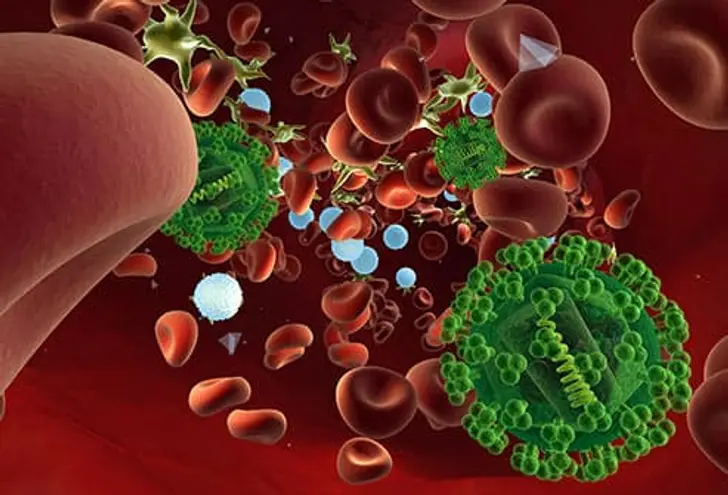
What Are HIV and AIDS?
HIV, the human immunodeficiency virus, attacks the immune system. Over time, HIV can damage your immune system and cause acquired immune deficiency syndrome (AIDS). Although there isn't a cure, antiretroviral therapy (ART) can help you live a long time with HIV and prevent its spread.

Where HIV Came From
HIV has its origins in African monkeys and apes. According to one widely accepted theory, the virus first infected them before changing to infect humans.
One study suggests the virus crossed over to humans more than a century ago and first became endemic (rapidly spread) in the Congo during the 1920s.
Next, the virus traveled to Haiti in the 1960s and, later, to the United States. By the 1980s, HIV had become widespread in the West.
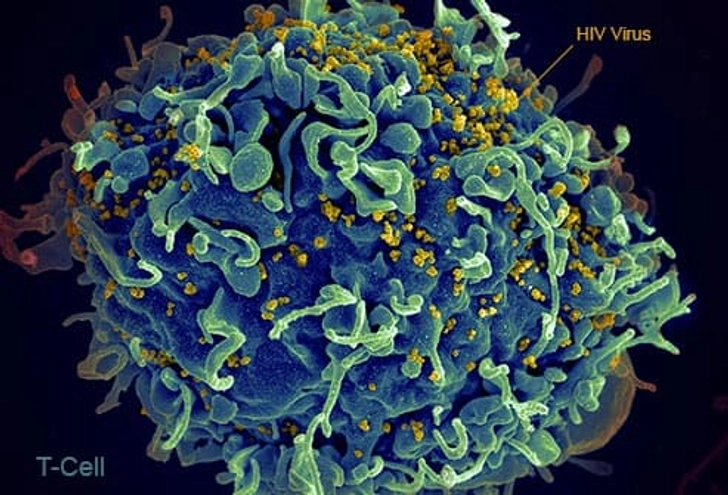
What It Attacks
White blood cells protect your body against infection. HIV invades CD4-positive T cells, a type of white blood cell. The virus makes copies of itself and infects more T cells.
Over time, as HIV multiplies and the virus spreads inside the body, the number of healthy T cells decreases. This can damage your immune system and lead to AIDS.

How It Spreads
HIV is mainly spread through sex or the use of contaminated needles. Only a few bodily fluids can contain HIV:
- Blood
- Semen
- Pre-ejaculate (fluid released by the penis during arousal)
- Vaginal fluid
- Rectal mucus
- Breast milk
Even then, the fluid has to come into contact with a mucous membrane (like those in sex organs), damaged tissue, or the bloodstream.

You Can't Get It From a Toilet Seat
You can't get HIV from a drinking fountain, toilet seat, or handshake. Or from food – even food handled by someone who is HIV-positive.
You don't get it from insect bites, either. Even closed-mouth kissing is fine. Why? The virus dies quickly outside the human body.

What Are the Early Symptoms?
Most people don't know when they got HIV because about third of people get flu-like symptoms, which can mimic the symptoms of other viruses. With HIV, you may get:
- Headache
- Fever
- Fatigue
- Sore throat
- Swollen lymph nodes
You may also get a red rash that doesn’t itch. Your symptoms can last for a few weeks, as your immune system tries to fight off the virus. If you have any symptoms or think you're at risk of HIV, talk to your doctor about HIV testing.
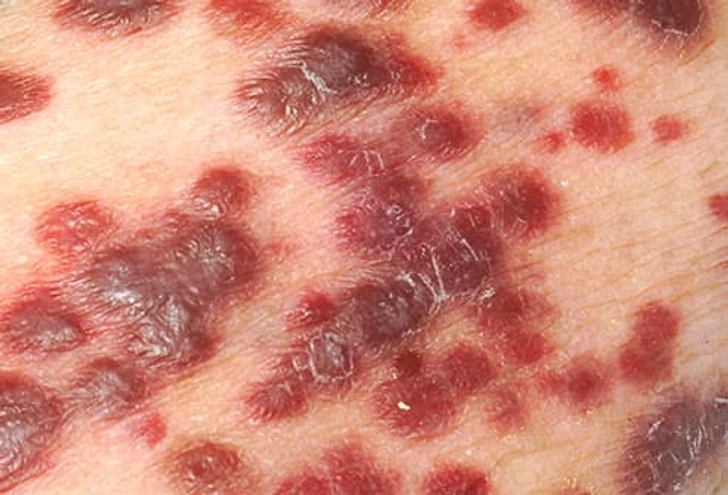
Stages of HIV
HIV infection goes through three stages:
- Stage 1: This stage can bring flu-like symptoms, but many people don't have any symptoms at all.
- Stage 2: If you get antiretroviral therapy (ART), the virus can go dormant – like a quiet period that can last as long as a decade. ART may also prevent stage 3 in some people.
- Stage 3: Your T cell number drops so low that you may get Kaposi's sarcoma (a skin cancer) and "opportunistic" infections.

Who Gets HIV?
Anyone can get HIV, but you're at higher risk if you:
- Have sex with many different people
- Are a man who has sex with other men
- Have unprotected sex
- Inject drugs or share needles and syringes
You're also at higher risk if you already have certain infections. The virus can also pass from mothers to babies, or through breast milk.
In the United States, 1.2 million people live with HIV, but 13 people out of 100 don't know they have it.
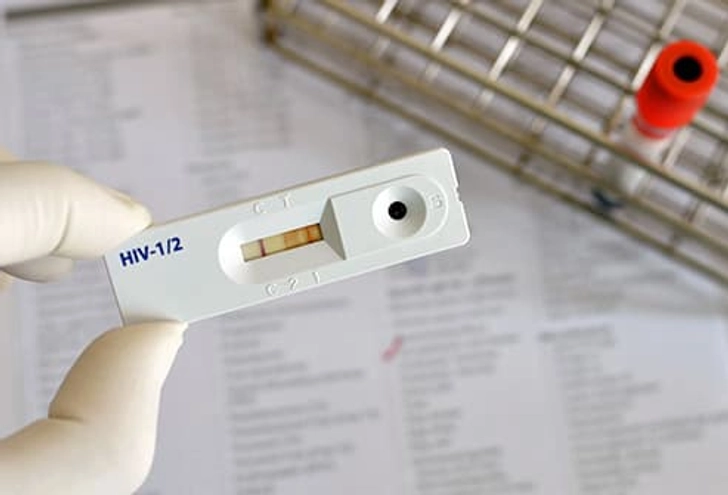
Should You Get Tested?
The CDC suggests HIV testing:
- Yearly, if you're at risk
- At least once if you're between the ages of 13 and 64
The simplest HIV test detects HIV antibodies, using blood or saliva, in as little as 20 minutes.
If you've recently taken part in risky behavior and a test shows that you don't have HIV, experts suggest testing again in three months or testing for HIV RNA. It takes time for your body to make HIV antibodies.
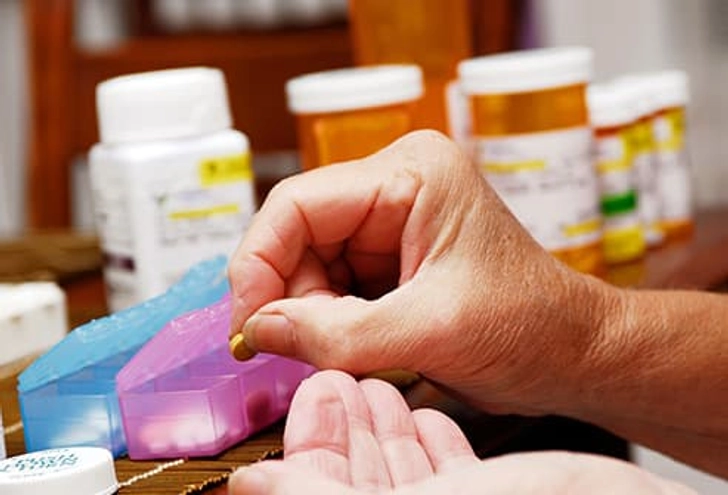
HIV Treatment
In the mid-1990s, HIV was the No. 1 cause of death for people ages 25-44, but now it's No. 13.That's because HIV medicines can help you:
- Live longer
- Prevent the disease from getting worse
Originally called a "cocktail," ART often combines more than one medication into a pill or shot. Your doctor can tailor a plan to best fit your situation. Sticking to your treatment plan can help you live the same life expectancy as someone who isn't infected.

Watch Out for Fake Remedies
You can't treat HIV with things like:
- Industrial solvents
- Oxygen therapy
- Electricity
- Intravenous aloe vera
- Hot baths
- "Wonder herbs"

Taking Care of Yourself
HIV can weaken your immune system and cause other health problems. Take steps to stay healthy and:
- Take your HIV medicines as prescribed.
- Go to all of your checkups and tell your doctor about new side effects or symptoms.
- Balance your diet with fruit, veggies, lean meat, a bit of dairy, and limit sugar and salt.
- Exercise.
- Get plenty of rest.
- Socialize. Good friends and good times can lift your mood.
- Talk to a therapist if you feel down or anxious.

If You Have HIV, Who Do You Tell?
HIV carries a stigma for some. If you're HIV-positive, start with people you trust and those who may be affected by the illness:
- Your doctor.
- Supportive family members or friends.
- Your sex or needle-sharing partners. They may be at risk.
- Others with HIV, who may offer support.
In some states, not telling certain people is a crime. But it's illegal for employers to discriminate based on HIV status.
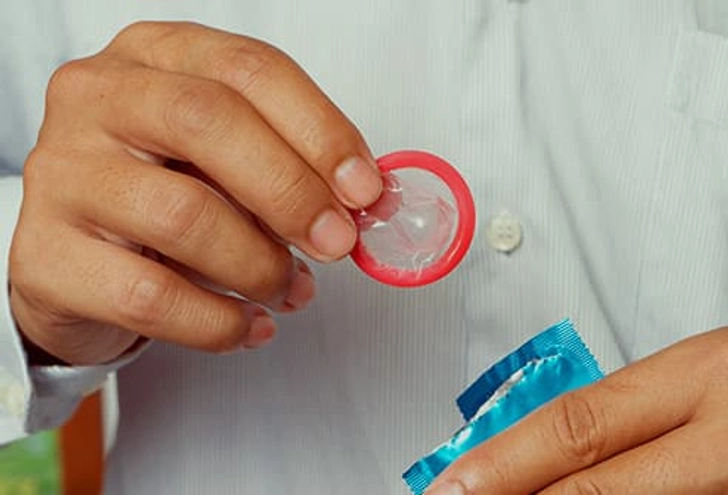
How to Protect Yourself if you Do Not Have HIV
When you have sex:
- Use condoms.
- Limit your number of sexual partners.
- Stick to less risky forms of sex. You're much less likely to get HIV from oral sex than vaginal or anal sex.
- Ask your doctor about preventive medicines.
- If you use drugs, always use clean needles. Sterile is best, and don't share needles or syringes.
Also, if you feel you are at risk of getting HIV, get tested at least once a year.
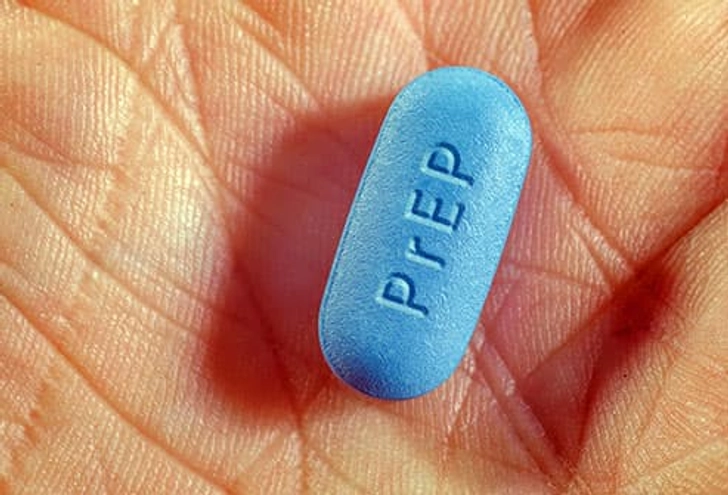
If You're at High Risk
There are lots of HIV treatment options if you're at risk of HIV. You can take pre-exposure prophylaxis (PrEP) to prevent HIV:
- By 99% from sex
- By 74% from needle use
If you've already been exposed to HIV, you can take post-exposure prophylaxis (PEP). As long as you take the medicine within 72 hours and stick to the 28-day course, you may be able to prevent HIV. The sooner you start PEP after exposure, the better it works.
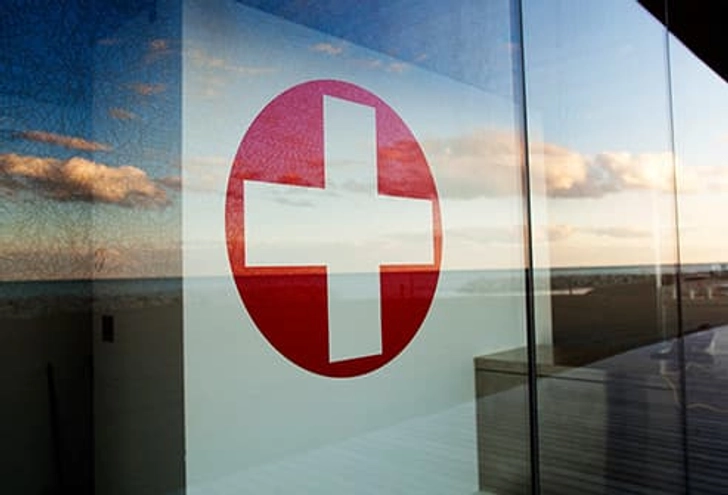
Help and Resources
Even though there's no cure, ART can help you live a long time with HIV. The sooner you start, the more likely it is that ART can help prevent AIDS. If you were exposed, ask your doctor about HIV testing.
Early treatment and keeping up with ART can dramatically increase your life expectancy. You can find lots of resources about:
- HIV at HIV.gov
- Free or low-cost testing at gettested.cdc.gov
IMAGES PROVIDED BY:
1) Getty Images
2) Thinkstock
3) Getty Images
4) Thinkstock
5) Thinkstock
6) Thinkstock
7) Thinkstock
8) Thinkstock
9) Getty Images
10) Thinkstock
11) Thinkstock
12) Thinkstock
13) Thinkstock
14) Thinkstock
15) Thinkstock
16) Thinkstock
SOURCES:
HIV.gov: "What are HIV and AIDS? " "HIV Lifecycle," "How Is HIV Transmitted?" "U.S. Statistics," "HIV Treatment Overview," "Talking About Your HIV Status," "Limits on Confidentiality."
Science: "The early spread and epidemic ignition of HIV-1 in human populations."
National Institute of Child Health and Human Development: "Other HIV FAQs."
HIVinfo.NIH.gov: "Side Effects of HIV Medicines: HIV and Diabetes," "Non-Nucleoside Reverse Transcriptase Inhibitor (NNRTI) ," "Fusion Inhibitor," "Guidelines for the Use of Antiretroviral Agents in Adults and Adolescents With HIV," "HIV Treatment; FDA-Approved HIV Medicines," "Stages of HIV Infection."
CDC.gov: "How HIV Spreads," "About HIV," "Getting Tested for HIV," "Diagnoses of HIV Infection in the United States and Dependent Areas, 2021," "Preventing HIV with PEP," "Preventing HIV with PrEP," "Condom Use: An Overview," "Preventing HIV," "Clinical Testing Guidance for HIV. "
UC San Diego Health: "HIV-Related Skin and Complexion Conditions."
KFF.org: "The HIV/AIDS Epidemic in the United States: The Basics."
Global Health: "Dangerous medicines: Unproven AIDS cures and counterfeit antiretroviral drugs."
Medicine, Science, and the Law: "The myth of child rape as a cure for HIV/AIDS in Transkei: a case report."
UNAIDS: "HIV stigma and discrimination."
FDA: "HIV Treatment."
ACLU.org: "State Criminal Statutes on HIV Transmission."
Positivespin.HIV.gov: "Know Your Status."